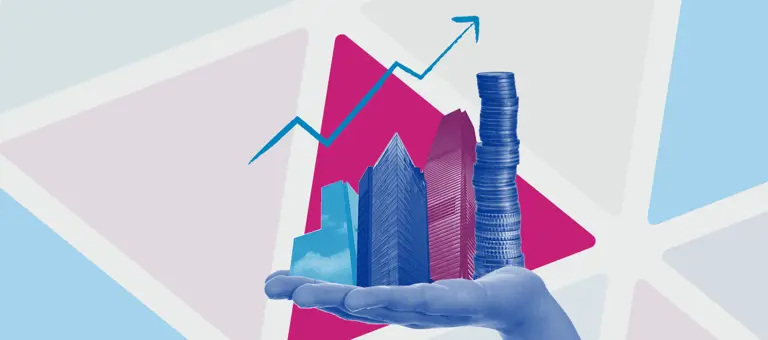
Why being community-focused is essential for survival
6 June 2023
Why wouldn’t businesses be community-focused? Especially if you consider your communities as customers? Andrew shares his personal experiences of why being community-focused is essential for survival, and how, through his roles, he has had to tackle some of the toughest challenges head-on.
This video is part of our series on the Economics of Kindness. Find out how we're changing the way that business sees kindness in the workplace.
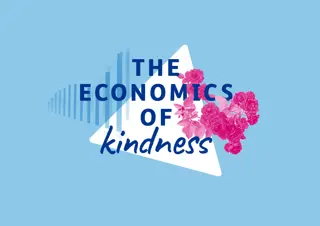
On this page, you can watch our full video with Andrew Reaney or jump to the excerpts:
- Why it is essential for businesses to be community-focused and what happens if they’re not.
- What are the benefits of being community-focused?
- His personal experience at British Gas and the service delivered to customers.
- His experience faced throughout Covid leading the business.
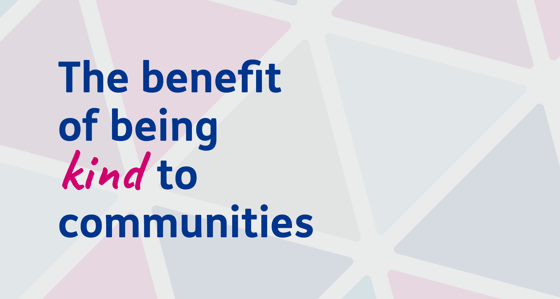
How companies can build a deeper, more emotional connection with their customers
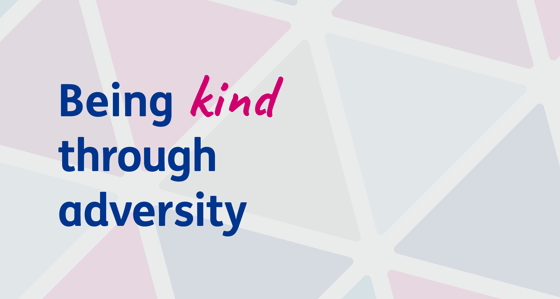
The role of honesty and of providing opportunities to rebuild when you can
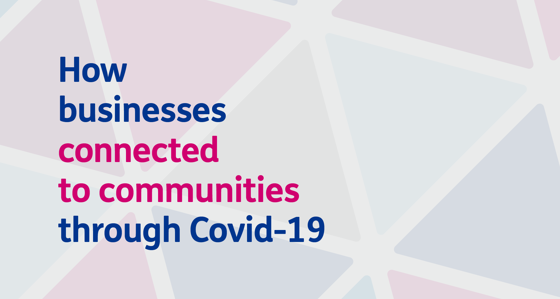
What Centrica did with the Trussell Trust to provide support where it was
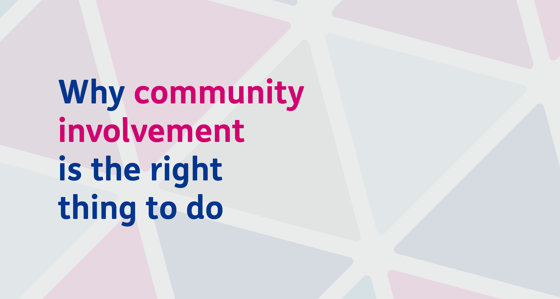
The secret to being around for the long term
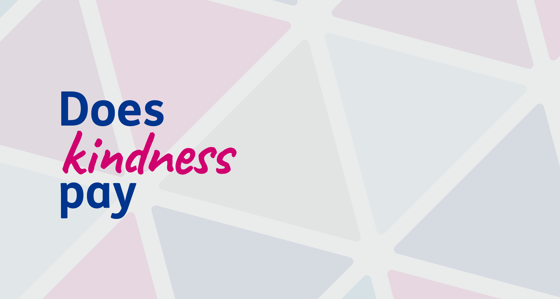
Being unkind can make a business fail
Meet our experts
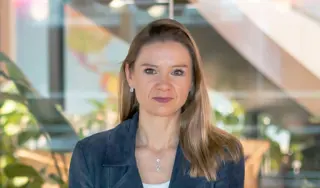
Ellen Fraser
Ellen Fraser leads Baringa’s global Energy Retail, Networks and Water practice and has the responsibility for Baringa’s portfolios in the UK, Europe and Australia. She’s sat in boardrooms with the CEOs of every major UK energy supplier, and even informed policy with energy regulator Ofgem. She’s a familiar face commenting on the BBC, and quoted everywhere from the Financial Times to The Guardian.
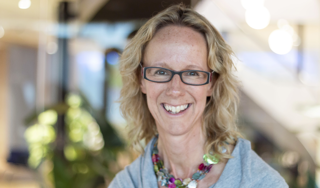
Vanessa Clark
Vanessa Clark leads the Customer and Digital team and works across energy, utilities and resources; financial services; government and public sector; and products and services. She helps clients turn their promises into better customer experiences and embrace technology to unlock new solutions, especially in treating vulnerable customers better.
Related Insights
Trending content in this series
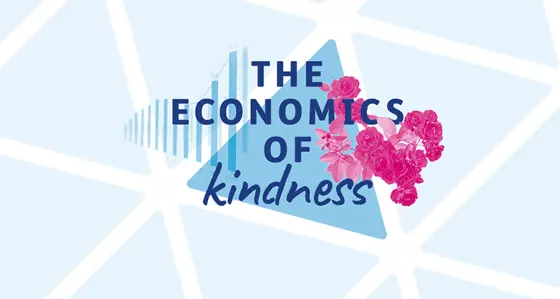
Introducing the Economics of Kindness
At Baringa we’re convinced that, no matter the macroeconomic backdrop, kindness in business really does pay. That’s why we’re taking this opportunity to explore the economics of kindness across four pillars: people, business, leadership and investors.
Read more
People – planet – profit, in that order
The notion of a ‘triple’ bottom line – people first, then planet, then profit – is reshaping how organisations around the world do business. They’re bringing corporate kindness to the fore as we enter a new type of economy, and the businesses that organise themselves in this way will be the ones that succeed.
Read more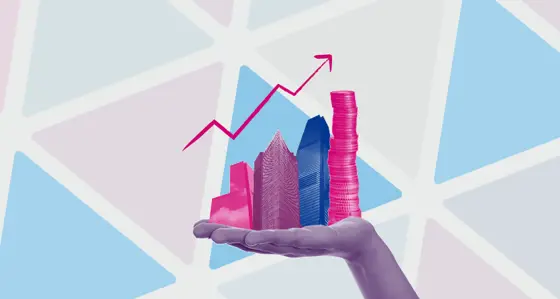
Redefining kindness in the workplace
Corporate kindness is all about the impact an organisation has on the world, engaging in responsible practices that benefit their customers, employees, and the communities they operate in.
Read more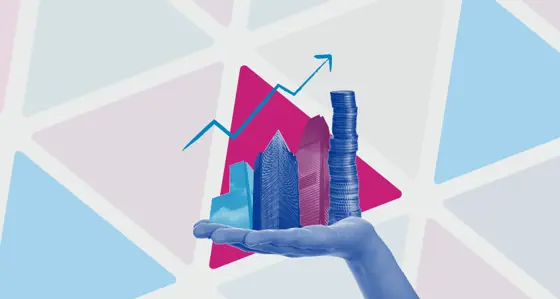
Bringing kindness back to the top of the leadership agenda
Should kindness be back at the top of the leadership agenda? Managing Partner Adrian Bettridge discusses how when we lead with kindness, we generate lasting success for ourselves, our clients and our businesses.
Read more
It’s not easy to be a kind leader
Can leaders be kind all of the time? What gets in the way? Ian Peters reflects on the challenges and trade-offs of trying to be kind to all stakeholders.
Read more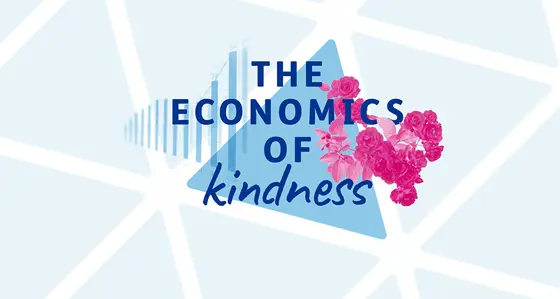
Our Economics of Kindness journey: the story so far
What have we learned about kindness in business and in our public organisations? Does it pay? And if so, how?
Read moreIs digital and AI delivering what your business needs?
Digital and AI can solve your toughest challenges and elevate your business performance. But success isn’t always straightforward. Where can you unlock opportunity? And what does it take to set the foundation for lasting success?